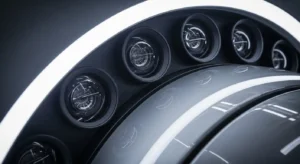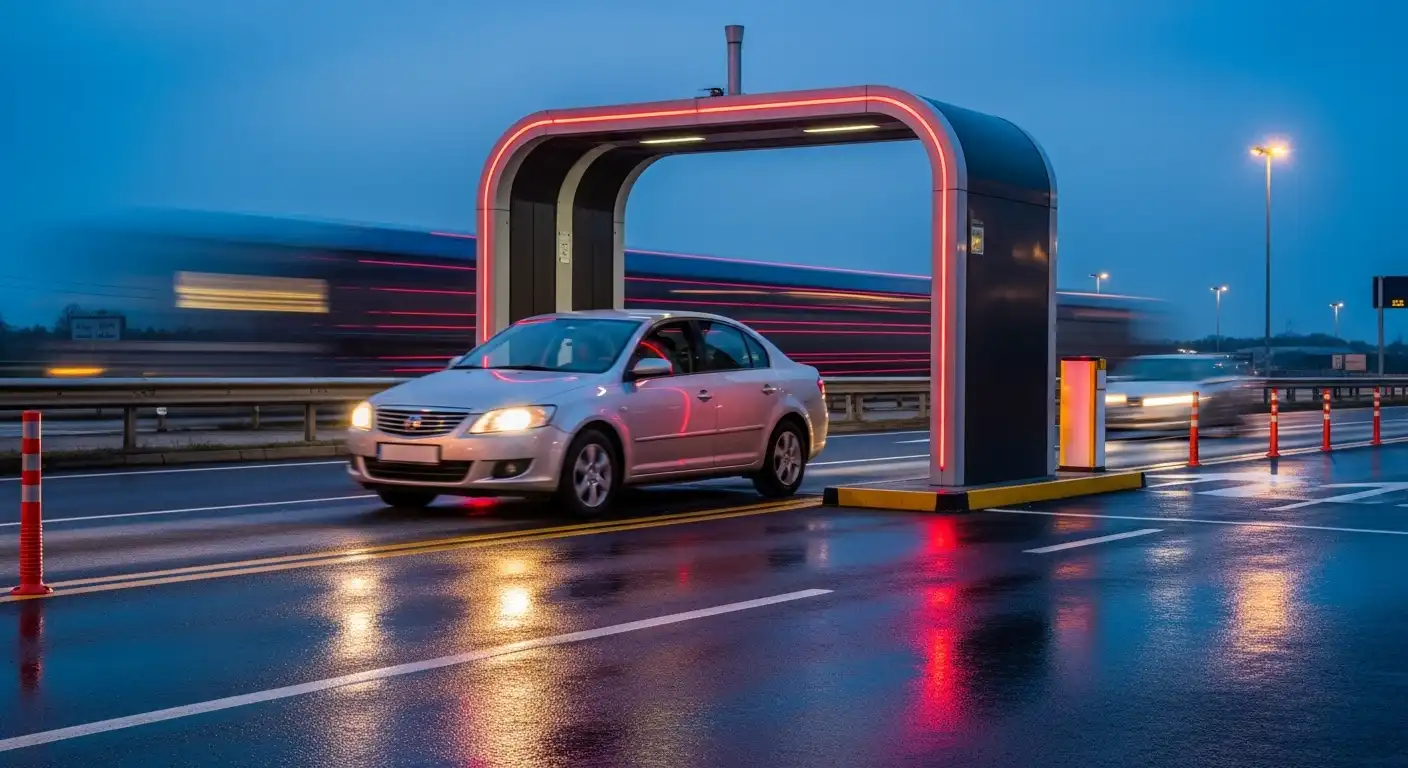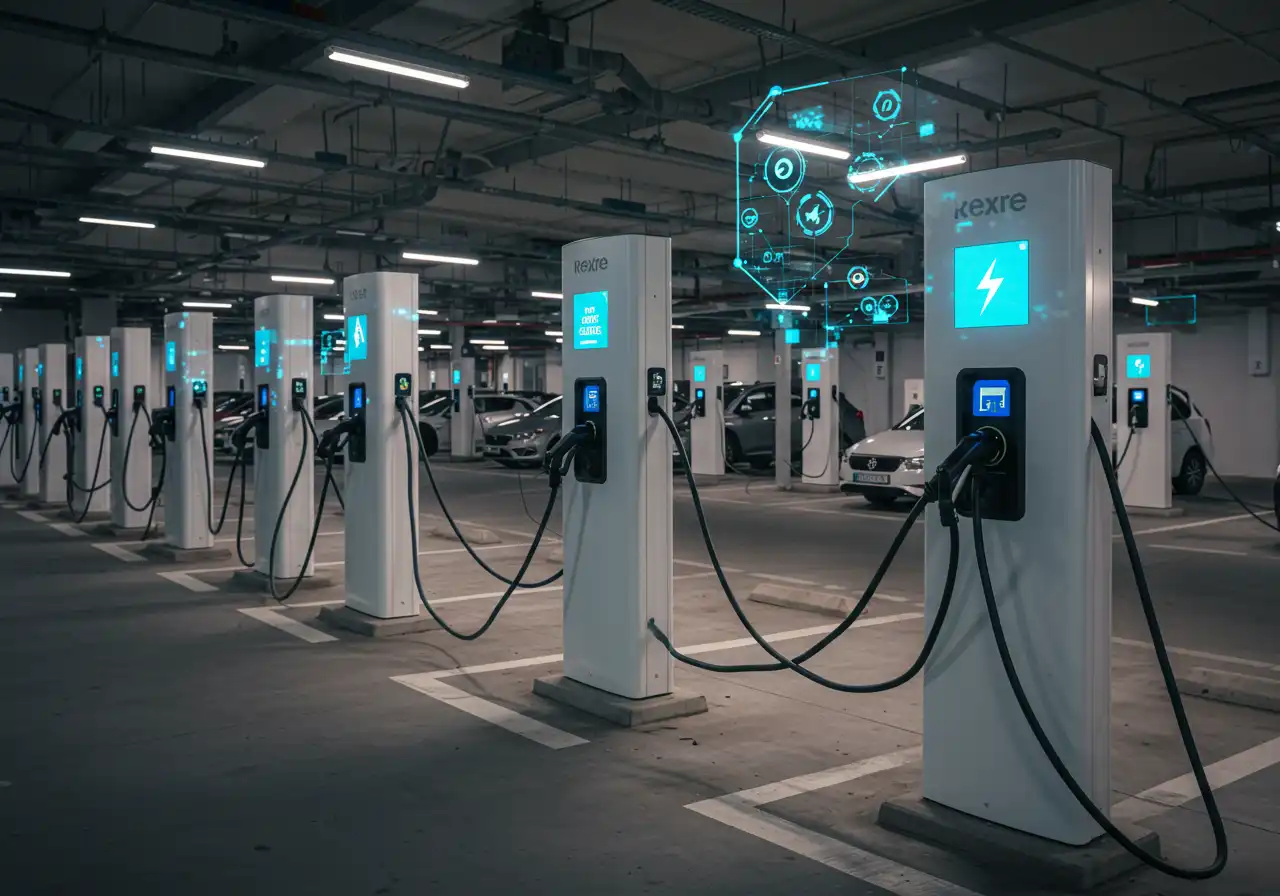The car rental industry has always been under the microscope for hidden fees, unexpected charges, and heated disputes over vehicle condition. But in 2025, a new trend is stirring fresh controversy: AI-powered damage scanners. These automated inspection systems, currently being rolled out by companies like Hertz and Sixt, promise faster, more accurate assessments. Instead, they have left many renters facing unexpected bills—sometimes exceeding $600—for scratches, dents, or scuffs they swear were not their fault.
What Are AI Damage Scanners?
 AI damage scanners use high-resolution cameras and machine learning algorithms to analyze rental cars before and after use. The technology is designed to detect even the smallest changes, including hairline scratches, paint blemishes, or wheel scuffs. The idea is simple: eliminate human error and subjectivity from car inspections.
AI damage scanners use high-resolution cameras and machine learning algorithms to analyze rental cars before and after use. The technology is designed to detect even the smallest changes, including hairline scratches, paint blemishes, or wheel scuffs. The idea is simple: eliminate human error and subjectivity from car inspections.
For rental agencies, the benefits are obvious. Automated systems can process inspections in seconds, reducing labor costs, speeding up check-ins, and preventing disputes with customers who claim damage was preexisting. But for renters, the story isn’t always so positive.
Why Renters Are Concerned
While the technology may sound futuristic, it has already sparked widespread frustration. Renters report being blindsided by steep fees—sometimes for damage they didn’t cause or could barely see. In one case reported by The Sun, a driver was charged $605.82 for supposed wheel damage that was nearly invisible. Another customer faced a $650 fee for a small fender scratch, despite providing evidence that the car was wet upon return, which could have affected the scanner’s accuracy.
“The AI scanner picked up something I never noticed—and suddenly I was on the hook for over $600. I felt powerless.”
What renters are realizing is that while humans may overlook small imperfections, AI systems are designed to flag them all. Whether or not those imperfections actually represent new damage is a different story.
How Widespread Is This Technology?
In April 2025, Hertz began implementing AI scanners at U.S. airport locations, with plans to expand to 100 sites by the end of the year. European companies such as Sixt have also begun integrating AI inspection stations at major rental hubs. As adoption grows, customers worldwide will likely encounter these scanners during the check-in and return process.
The move aligns with a broader trend of digital transformation in the rental industry. From online booking platforms to EV adoption, agencies are looking to modernize. Yet as this example shows, innovation without customer trust can lead to reputational damage.
Potential Benefits of AI Damage Scanners
It’s not all bad news. When applied fairly, AI scanners can improve the rental process:
- Speed: Automated inspections reduce waiting times at check-in and return.
- Accuracy: AI can document damage in detail, creating a clear digital record that can prevent disputes.
- Transparency: With photographic evidence, both companies and renters have access to the same inspection results.
However, these benefits only matter if the systems are implemented with safeguards that protect consumers. Otherwise, they risk becoming tools for unfair revenue generation rather than fair accountability.
The Hidden Risks for Renters
 The main concern lies in how these systems interpret “damage.” A scratch that is a cosmetic blemish to a customer may be flagged as significant by AI. Inconsistent conditions, such as lighting or weather, can also create false positives. And because these inspections are automated, many renters feel there is no human judgment applied to evaluate context.
The main concern lies in how these systems interpret “damage.” A scratch that is a cosmetic blemish to a customer may be flagged as significant by AI. Inconsistent conditions, such as lighting or weather, can also create false positives. And because these inspections are automated, many renters feel there is no human judgment applied to evaluate context.
Another issue is dispute resolution. Some companies now direct renters to chatbots or online dispute forms, which can feel impersonal and ineffective when hundreds of dollars are at stake. This adds to customer frustration and erodes trust.
How to Protect Yourself from AI Damage Fees
If you’re renting from a company using AI damage scanners, awareness and preparation are key. Here are steps you can take:
- Inspect thoroughly: Walk around the car before leaving, documenting every blemish with timestamped photos and videos—from multiple angles.
- Report immediately: Show rental staff any concerns before driving away, and request written acknowledgment.
- Keep evidence: Save your check-in and return photos, receipts, and inspection reports.
- Record conditions: If the car is wet or in poor lighting, document this. Moisture, reflections, or shadows can distort AI results.
- Challenge charges: If you’re billed unfairly, present your evidence directly to the company. Escalate to consumer protection agencies if needed.
The Future of AI in Car Rentals
AI technology is not going away—it will likely expand further across the rental industry. But the backlash from renters suggests companies must refine how they use these tools. Combining AI detection with human oversight may strike the right balance, ensuring fairness while maintaining efficiency.
At the same time, agencies risk alienating customers if they don’t adjust. In a competitive industry, trust is everything. A reputation for unfair fees can drive customers to competitors who still use traditional inspections.
What This Means for the Car Rental Market
Industry experts believe the controversy could influence consumer behavior. Travelers may begin choosing companies based on inspection policies rather than just price. Transparency will become a major selling point, and agencies that adopt renter-friendly practices may gain an edge.
Some predict insurance providers may also adjust their policies to cover AI-reported damages differently. If disputes become common, legal frameworks may evolve to regulate how AI inspections are conducted and validated.
Conclusion
The arrival of AI damage scanners in car rentals is a double-edged sword. While promising faster, more accurate inspections, they also raise serious concerns about fairness, accuracy, and consumer protection. Renters must be vigilant—documenting vehicles thoroughly, disputing unfair charges, and choosing companies that prioritize transparency.
For the rental industry, the lesson is clear: technology should improve the customer experience, not undermine it. Companies that strike the right balance between efficiency and fairness will thrive in the future of car rentals.
Key Takeaways
- AI damage scanners are being rolled out by major rental companies, including Hertz and Sixt.
- Some renters have been charged $600+ for minor or questionable damage.
- While AI can improve accuracy, inconsistent conditions and lack of oversight create risks.
- Renters can protect themselves by documenting cars thoroughly and disputing unfair charges.




